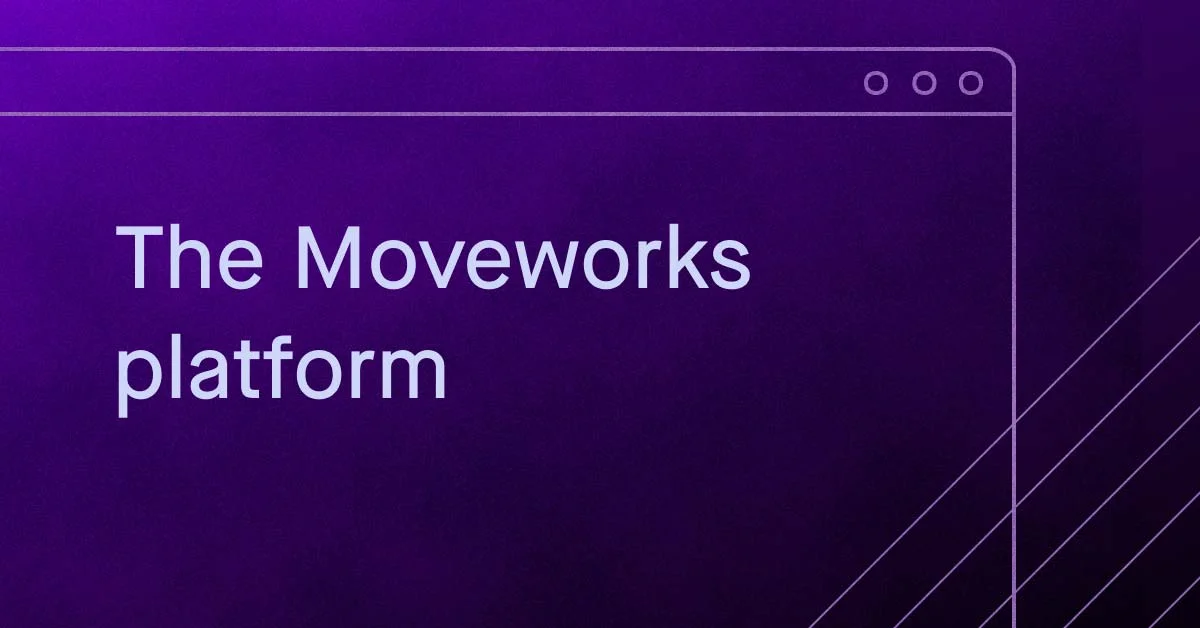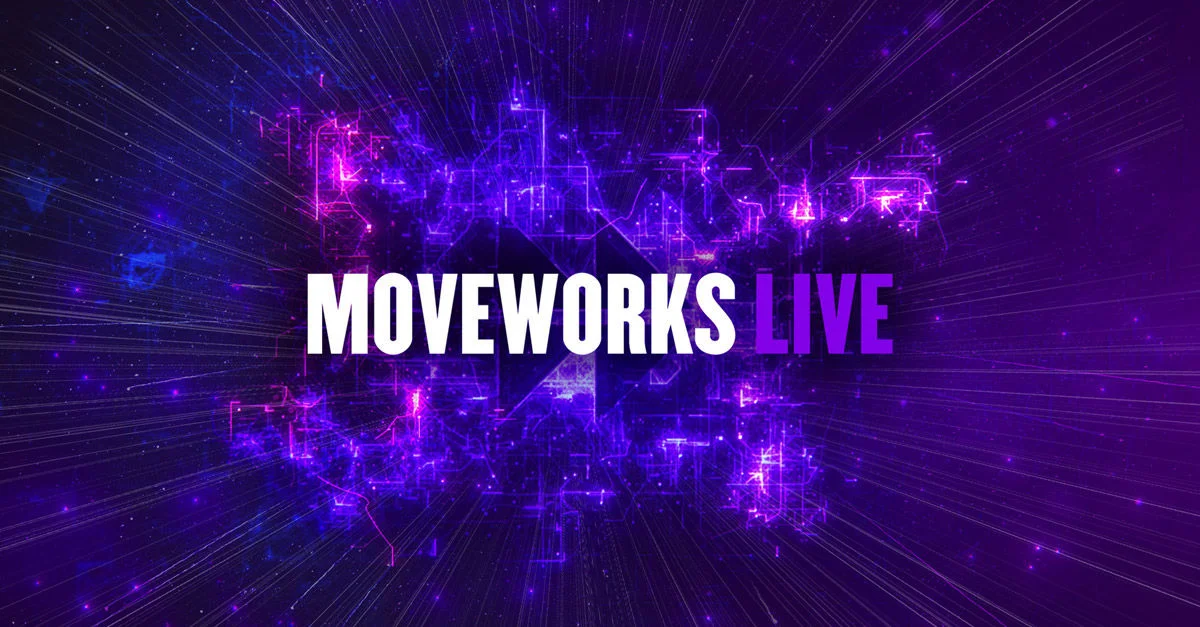- Text 1
How does knowledge generation work?
Knowledge generation involves training AI systems on massive datasets to uncover novel insights and information. It is like having access to a vast library of data, with AI acting as a skilled librarian surfacing precise relevant snippets needed by users.
Models analyze extensive information across diverse topics and domains, learning to make connections between concepts and facts. Through this broad exposure, they develop an understanding of what knowledge is useful and how to present it in natural language.
AI can then apply this capability to transform raw data into new synthesized content — summaries, explanations, conversational responses, and more. The generated text provides users with customized knowledge, answering their questions or anticipating their needs.
Importantly, knowledge generation systems can continuously refine their outputs based on user interactions and feedback. This allows them to improve the relevance, accuracy and clarity of the information provided over time.
By automating the creation of insightful, up-to-date content, knowledge generation amplifies human expertise and democratizes access to the knowledge locked away in vast data. It is a powerful way to enhance education, research, and decision-making across many fields.
Why is knowledge generation important?
Knowledge generation is important because it allows AI systems to unlock insights from vast datasets and transform raw information into customized knowledge that is useful for humans.
By analyzing data and learning how to synthesize relevant facts and concepts, AI can provide users with precisely the knowledge they need, when they need it. This automates the creation of up-to-date, high-quality content, saving experts time while enhancing research, education, and decision-making. Knowledge generation ultimately amplifies human intelligence by extracting wisdom from our expansive troves of data and refining it into easily accessible forms that drive progress.
Why knowledge generation matters for companies
In today's data-driven business landscape, companies must efficiently transform raw data into meaningful knowledge to make informed decisions, gain a competitive edge, and drive innovation. Knowledge generation enables companies to extract actionable insights and strategic value from vast data stores.
For example, let’s consider knowledge bases. These repositories of organized information serve as valuable assets for businesses. By continuously generating and updating knowledge within these bases, companies ensure that their employees have access to the latest insights, best practices, and company-specific information.
Knowledge is particularly crucial for training new employees, resolving customer queries efficiently, and making informed decisions. Knowledge generation allows companies to capture and store institutional knowledge, making it readily available for problem-solving and innovation.
As businesses evolve, their knowledge needs change. Knowledge generation ensures that the information within these bases remains relevant and adaptable to meet shifting requirements. In summary, knowledge generation within knowledge bases empowers companies to harness their collective intelligence, stay agile, and deliver enhanced value to both internal teams and customers.




